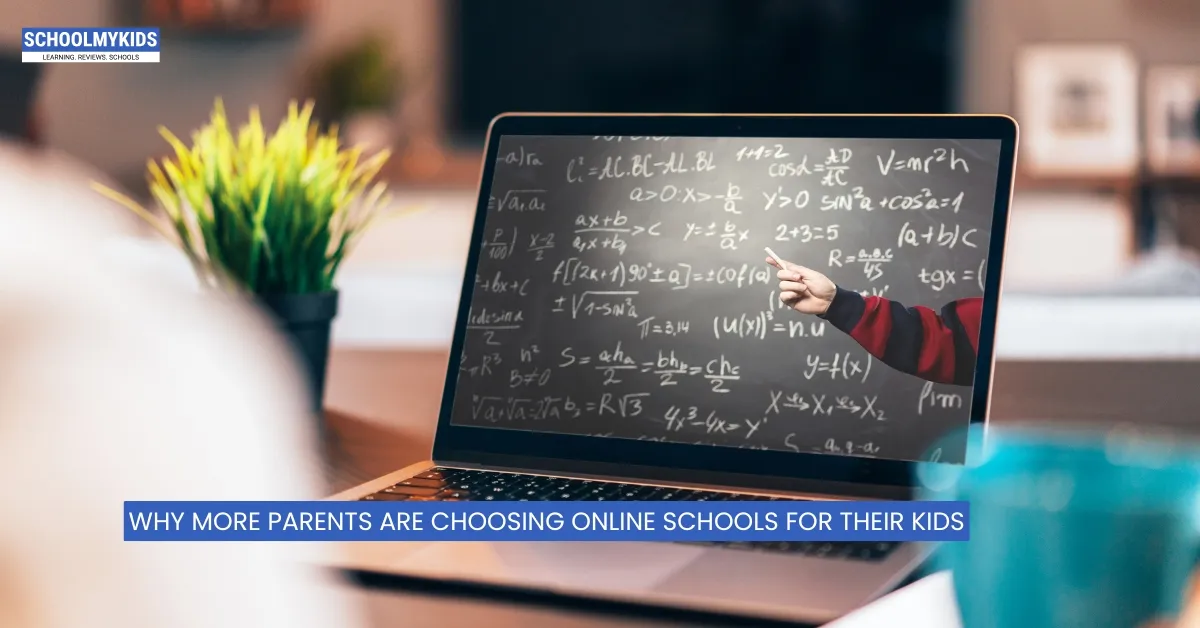The pandemic accelerated a trend that was already gaining momentum: parents increasingly choosing online education for their children. What started as an emergency measure has evolved into a deliberate educational choice for millions of families worldwide.
The Flexibility Factor
For many families, the appeal of online schooling lies in its inherent flexibility. Sarah Martinez, a working mother of two in Phoenix, found that online school allowed her daughter Emma to pursue competitive gymnastics training while maintaining her academic progress. "Emma can attend her core classes in the morning and head to the gym in the afternoon without the stress of missing school or rushing between locations," Martinez explains.
This flexibility extends beyond extracurricular activities. Families with unique schedules, frequent travel, or children with different learning paces find that online education accommodates their needs in ways traditional schooling cannot. Students can learn during their peak hours rather than conforming to a rigid 8-to-3 schedule that may not align with their natural rhythms.
Personalized Learning Experiences
Online platforms offer unprecedented opportunities for individualized instruction. Advanced algorithms can identify when a student struggles with specific concepts and provide additional practice or alternative explanations. Meanwhile, students who grasp material quickly can accelerate through lessons without waiting for classmates to catch up.
Mike Thompson, whose son Jake has ADHD, noticed significant improvements when they switched to online learning. "Jake can take breaks when he needs them, replay lessons if his attention wandered, and work in an environment where he feels comfortable," Thompson shares. "His grades improved dramatically, but more importantly, his confidence returned."
Addressing Safety Concerns
Recent years have heightened parental concerns about school safety, from bullying to more serious security threats. Online education provides a controlled environment where parents can monitor their child's interactions and ensure their physical safety. For some families, this peace of mind outweighs the social benefits of traditional schooling.
Additionally, families are increasingly concerned about negative peer influences, inappropriate content, or values conflicts within traditional school settings. Online education allows parents to maintain greater oversight of their child's daily experiences and influences.
Quality and Accreditation Improvements
The quality gap between online and traditional education continues to narrow. Many online schools now employ certified teachers, offer live instruction sessions, and maintain accreditation from recognized educational bodies. Some programs even exceed traditional schools in certain metrics, particularly in preparing students for digital literacy and self-directed learning skills.
Virtual laboratories, interactive simulations, and multimedia content often provide richer educational experiences than resource-constrained traditional classrooms can offer. Students gain access to specialists and courses that might not be available in their local school districts.
The Social Challenge
Despite these advantages, the social aspect remains online education's biggest hurdle. Traditional schools provide natural opportunities for peer interaction, collaborative learning, and social skill development that are harder to replicate virtually.
However, innovative online programs are addressing this challenge through virtual clubs, group projects, and hybrid models that combine online learning with in-person social activities. Many online school families also supplement with community sports, religious organizations, or homeschool co-ops to ensure adequate social interaction.
Looking Ahead
The shift toward online education reflects broader changes in how we work, communicate, and learn. As digital natives grow up, the distinction between online and offline learning may become less relevant. What matters most is matching educational approaches to individual student needs, family circumstances, and learning styles.
For an increasing number of parents, online education offers that match. While it may not suit every child or family situation, the growing sophistication and acceptance of virtual learning ensure it will remain a viable alternative to traditional schooling for years to come.








Be the first one to comment on this story.